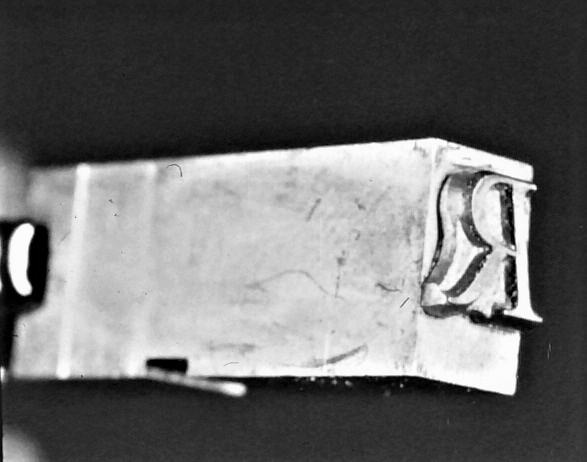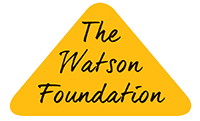Early printers made their own type. Subsequently typefounding became a specialist industry in its own right, though type continued to be made by hand until the Bruce typecasting machine was invented in 1838.
 In the 1740s, Alexander Wilson set up a type foundry in Glasgow in 1744, and the firm continued to produce type for a hundred years. William Miller worked for this firm, before establishing a foundry in Edinburgh in 1809. The firm became Miller & Richard in 1838, and remained in business until 1952 just off Nicholson Street, supplying type to firms all over the world. Scottish typefounders made a distinctive contribution to type design, one legacy being the Scotch Roman type family. There is onformation about other British type foundriess on the Type Archive website.
In the 1740s, Alexander Wilson set up a type foundry in Glasgow in 1744, and the firm continued to produce type for a hundred years. William Miller worked for this firm, before establishing a foundry in Edinburgh in 1809. The firm became Miller & Richard in 1838, and remained in business until 1952 just off Nicholson Street, supplying type to firms all over the world. Scottish typefounders made a distinctive contribution to type design, one legacy being the Scotch Roman type family. There is onformation about other British type foundriess on the Type Archive website.
Typefounders produced type specimen books which showed not only the different designs and sizes of type, but also the ornaments, standard illustrations and borderrs which they could supply. Many printers also produced ‘type specimen’ books to show customers the range of types they had available. ‘Hot metal’ typesetting systems, of which the best known are Linotype and Monotype, were invented at the end of the nineteenth century. They cast the type needed to set a particualr text, and once used, were melted down for re-use.
Compositors were paid according to the size of the type they were setting — the smaller the type, the higher the rate of pay.
As well as the different type faces, in Britain the different type sizes, starting with the largest, were known as:
| Name | Numbers of lines per foot |
| Canon | 18 lines and a Great Primer |
| Two-line Double Pica | 20¾ lines |
| Two-line Great Primer | 25½ lines |
| Two-line English | 32 lines |
| Two-line Pica | 35 lines |
| Double Pica (two Small Picas) | 41½ lines |
| Paragon (two Long Primers) | 44½ lines |
| Great Primer (two Bourgeois) | 51¼ lines |
| English (two Minions) | 64 lines |
| Pica (two Nonpareil) | 71½ lines |
| Small Pica (two Ruby) | 83 lines |
| Long Primer (two Pearl) | 89 lines |
| Bourgeois (two Diamond) | 102¼ lines |
| Brevier | 112½ lines |
| Minion (half English) | 128 lines |
| Nonpareil (half Pica) | 143 lines |
| Ruby | 160½ lines |
| Pearl (half Long Primer) | 178 lines |
| Diamond (half Bourgeois) | 205 lines |
 SPRAT is grateful for support from The Watson Foundation
SPRAT is grateful for support from The Watson Foundation